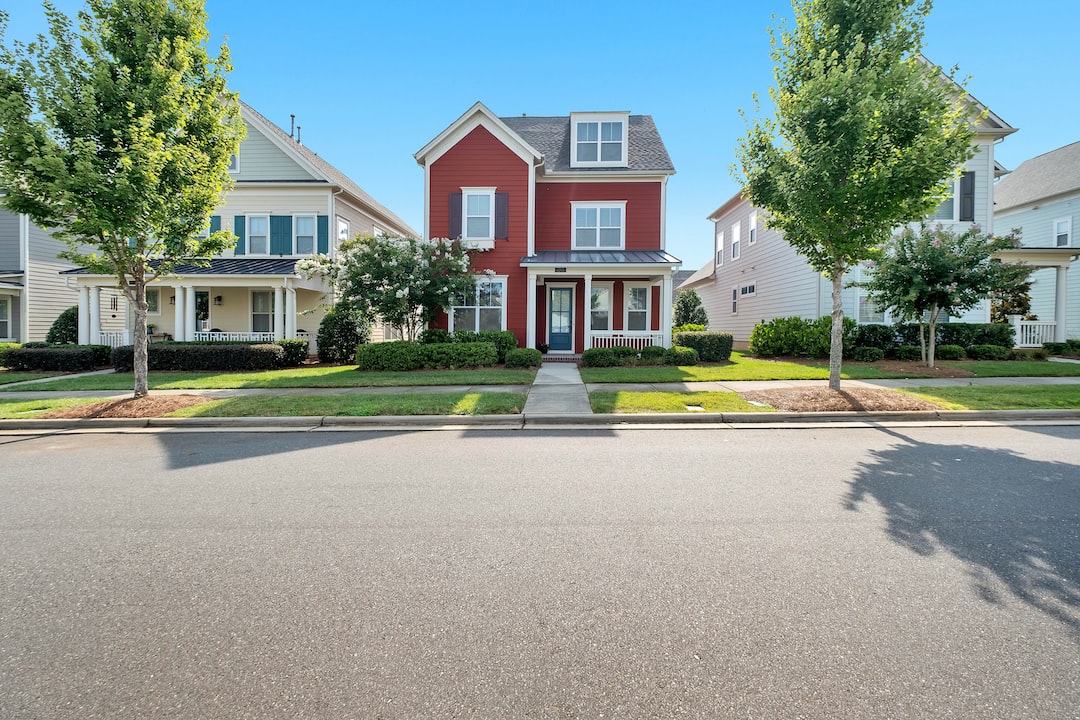The Pros and Cons of Buying a Foreclosed Property
Buying a foreclosed property can be a great opportunity for potential homeowners and real estate investors. These properties are often priced significantly lower than their market value, providing a unique chance to acquire real estate at a bargain price. However, before finalizing any purchase, it’s important to weigh the pros and cons of buying a foreclosed property. Let’s explore both sides of this decision.
Pros of buying a foreclosed property:
1. Lower purchase price: The most apparent advantage of buying a foreclosed property is its cost. Foreclosed homes are typically sold at a substantial discount compared to similar properties in the market. This means buyers can acquire a larger property or an upscale home within their price range.
2. Potential for higher return on investment: Investors can see higher returns by buying foreclosed properties, especially if they have the ability to make necessary renovations. Once the property is restored to its optimal condition, its value can increase significantly, enabling the investor to sell at a profit or rent it out for a higher monthly income.
3. Variety of choices: The number of foreclosed properties available in the market is vast, providing buyers with a wide range of options to choose from. Whether it be a single-family home, a condominium, or a vacation property, buyers can find exactly what they’re looking for at a fraction of its market value.
4. Avoiding price negotiations: Since the seller of a foreclosed property is usually a financial institution or a lender, there’s no need for the typical back-and-forth negotiations between buyers and sellers. The listing price is often already discounted, making the purchasing process more straightforward and less time-consuming.
Cons of buying a foreclosed property:
1. Potential damage and repair costs: Foreclosed properties often lack proper maintenance due to prolonged vacancy or neglect from previous owners. Buyers should be prepared to invest time and money into repairs and renovations to return it to a livable condition.
2. Time-consuming process: The process of purchasing a foreclosed property can be lengthy and complex. From searching for suitable properties to completing legal paperwork, it often involves more steps compared to a traditional real estate purchase. Buyers must be patient and willing to dedicate time and effort to successfully close the deal.
3. Limited inspection opportunities: In some cases, foreclosed properties may not be available for inspection before purchase. Buyers might have to rely solely on their assessment or the property’s previous appraisal report. This lack of detailed inspection can lead to unexpected surprises that might require additional expenses later on.
4. Title complications: Occasionally, foreclosed properties come with title issues or liens. This can range from unpaid utilities to unresolved disputes regarding ownership. It’s crucial to conduct a thorough title search and hire a professional to ensure a clean and clear title before completing the purchase.
5. Emotional considerations: Foreclosed properties often have a history of financial distress for their previous owners. Buyers may feel uncomfortable knowing that they are benefiting from someone else’s misfortune. It’s essential to consider the emotional implications of purchasing a foreclosed property and ensure a clear conscience.
In conclusion, buying a foreclosed property can be a lucrative venture for those seeking a bargain in real estate. From cost savings to potential investment opportunities, it offers a range of advantages. However, it’s vital to remember the potential drawbacks, including repair costs, time-consuming processes, and potential title complications. By carefully weighing the pros and cons, potential buyers can make an informed decision and maximize their chances of a successful purchase.
